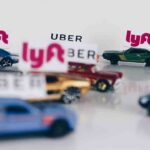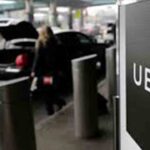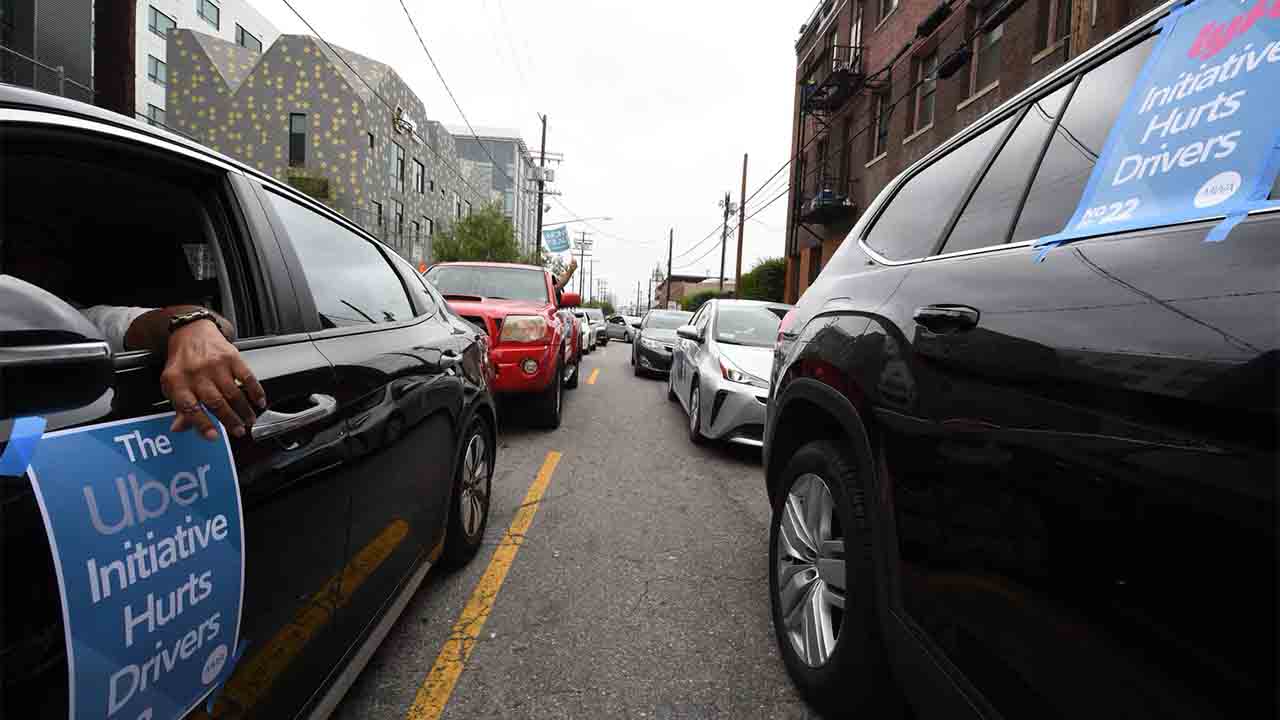Uber and Lyft in California: They Rather Close Than Comply with AB5 Law and Enroll Drivers
When faced with strict legislation over the years, Lyft and especially Uber relied on a tried and tested playbook: threatening to suspend service.
The threat, which companies sometimes followed through, seemed designed to irritate customers and drivers and put more pressure on legislators.
Now, Uber and Lyft are once again betting on a version of this manual as a heated legal battle rages in their home state.
The two companies have said they can suspend their California operations this week – and perhaps today, since it’s the last day they have to discharge drivers – while simultaneously pushing for a referendum in November to exempt them from the Law AB-5.

Uber and Lyft seek to cede licenses in California to circumvent AB5 Act
But industry observers say the shutdown may not have the same impact on residents now as it did in previous fights due to the steep drop in passenger numbers from the pandemic.
“If a tree falls in the forest and no one is there to hear it, has it really happened?” said Bradley Tusk, a venture capitalist, political strategist and former Uber regulatory adviser.
“If voters couldn’t get an Uber or a Lyft when they wanted it, that’s one thing. But the number of passengers has been drastically reduced, if this generates a political protest, it will come from the drivers, not the passengers.
Uber and Lyft’s threats to stop their businesses came after the California Supreme Court ordered them last Monday to reclassify their drivers in the state as employees within 10 days, and that date expires today.
Change Supreme Court Justice Ethan P. Schulman said in his ruling that businesses must comply with Assembly Bill 5 (AB 5), last year’s landmark labor law that codified a Supreme Court directive 2018 state that most companies must treat the self-employed as employees with benefits.
This reclassification represents a sea change for both businesses.


Uber and Lyft lose long-awaited California lawsuit, drivers are employees
They created massive fleets of drivers treating them as self-employed
Thus, they were not entitled to benefits such as minimum wage, overtime pay, workers’ compensation, unemployment insurance, and health insurance.
Uber CEO Dara Khosrowshahi said last week that it would be “very, very unfortunate,” but that the company would “basically shut down Uber until November, until the voters decide” if it cannot delay the order until the referendum vote. .
If they lose the battle in their home state of California, it may only help push for other states to reconsider legislation for these types of businesses.
Under AB-5, which went into effect on January 1, companies must demonstrate that workers are free from company control and perform work outside the normal course of company business to classify workers as self-employed in employees place.
The Proposition 22 Deception
Last week’s court order is part of an ongoing lawsuit filed in May by California Attorney General Xavier Becerra and a coalition of city attorneys.
In the absence of a legal victory, the shutdown is one way Uber and Lyft are attempting to wield the power of their apps to sway public opinion. And there is certainly a precedent for it.
The companies have threatened to leave, or have left, several cities, including Chicago, Houston and Austin.
In 2015, in New York City, the company put up a tab on its application to show New York corridors what it would be like to wait 25 minutes for a car if the regulations proposed by the mayor were applied.


Proposition 22
California isn’t the only legal problem facing Uber and Lyft
Massachusetts has a law similar to AB-5, and the attorney general recently sued companies for classifying workers as self-employed.
Decisions in Pennsylvania and New York about unemployment insurance also run counter to companies’ stance on employment.
Last year, the New Jersey Labor Commissioner determined that Uber owed $ 649 million in unpaid unemployment insurance contributions as a result of a misclassification of the driver.
Terri Gerstein of the Harvard Work and Work Life Program and the Institute for Economic Policy questioned whether companies can also eventually withdraw from other markets where their business model is similarly in limbo: “What’s the long-term plan?”
All the information about the regulation of Uber and Lyft in California
Uber and Lyft in California: They prefer to close than to register drivers

 — –
— –

